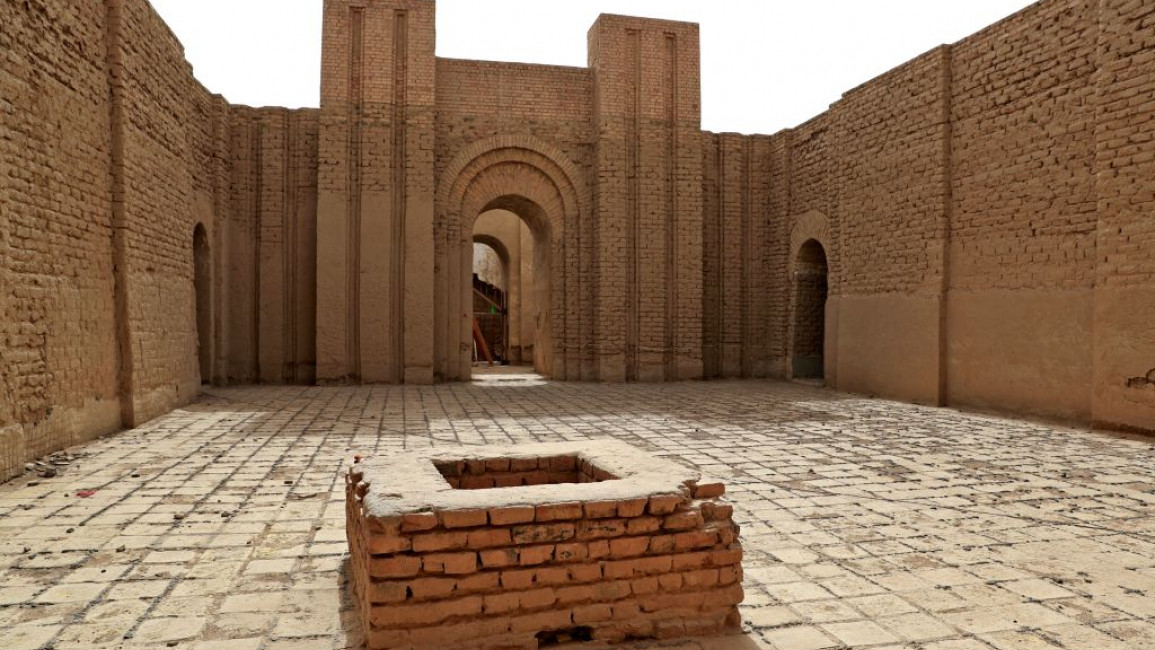Climate change 'eating away' Iraqi monuments, experts warn
Iraq's ancient heritage is being "eaten away" by increasing concentrations of salt and sandstorms that are becoming more problematic due to climate change, experts warned in an investigation by The Guardian on Friday.
Unique components of humanity's cultural heritage - like the ancient Sumerian capital Ur, or the legendary city of Babylon - could be damaged irreversibly faster than expected.
Decreasing rainfall and growing water shortages caused by dams built upstream by Iran and Turkey on the Euphrates and Tigris rivers have caused the natural concentration of salt in the soil to increase. Such high salt levels can be very destructive for archaeological remains, archaeologists warned.
Climate change is likely to worsen this trend, with Iraq and the surrounding region projected to get hotter and drier in the coming years. And with sea levels projected to rise in the next decades, many sites in southern Iraq could end up under water.
Accelerating erosion linked to massive sandstorms are also a source of concern, like the one witnessed in Baghdad earlier this month. Such storms also pose a direct threat to people's health: hundreds of people flocked to hospitals in Baghdad due to breathing difficulties.
Sandstorms, drought and extreme climate events are also expected to become more frequent and more devastating according to the Intergovernmental Panel on Climate Change (IPCC), a body of experts tasked with monitoring the dynamics and impacts of climate change.


![President Pezeshkian has denounced Israel's attacks on Lebanon [Getty]](/sites/default/files/styles/image_684x385/public/2173482924.jpeg?h=a5f2f23a&itok=q3evVtko)



 Follow the Middle East's top stories in English at The New Arab on Google News
Follow the Middle East's top stories in English at The New Arab on Google News


